The more I work with clients with ADHD and explore the common threads that link us together, the less satisfied I am with the screening tools that are used. It’s not that the tools are inaccurate, it’s that they are incomplete, in my opinion. It is hard to boil the lived experience of ADHD down to 18 questions on a form, I’ll give you that, and you probably don’t want to make the form too long or complicated or the client will get distracted, forget that they are doing it, get bored and put it down and lose it, etc. Having said that, I find that one of the advantages of being a clinician who actually lives with an ADHD brain is that I can sometimes go beyond the surface-level questionnaires and dig a bit deeper into the more subtle aspects of being this way.
For this reason, I have come up with my own questionnaire. It is not scored, there is no rating scale and there is no cutoff, categorical designation that tells you whether you “have it” or not. Instead, read through it, or have someone read it to you and think on each item: Can I relate to this or not? It’s not an official screener, but to me it’s a start. Some of the items appear on traditional screeners, some are adapted from those screeners, and some are mine. Feel free to introspect:
Ted Leavitt’s Unofficial ADHD Club Application
- A sense of underachievement, not reaching your goals (regardless of how much you’ve actually accomplished)
- Difficulty getting and/or staying organized
- Chronic procrastination or trouble getting started
- Trouble following through on plans
- Saying what comes to mind without considering timing or appropriateness of words
- Searching for outside stimulation, adventure
- Many projects going simultaneously
- Getting bored fairly quickly, even with things that were initially interesting
- Easily distracted by sights or sounds
- Daydreaming
- Difficulty resting due to racing thoughts
- fidgeting with hands, feet, repeatedly changing sitting position, picking at skin, nails, scabs, or edges of things
- Getting so absorbed in something that is interesting that you lose track of time,
- Trouble following rules, established procedures, and proper channels
- Start things strong then fade away
- Low tolerance for frustration
- Impatient with others
- When you learn a new idea, your brain automatically starts thinking of how it applies to different situations
- Feelings of inevitable failure
- Impulsive; acting without thinking of consequences (i.e. spending, substance use, speaking)
- Lots of big plans that don’t get started
- Showing up late for things
- Feeling like something is wrong but don’t know what it is
- Zoning out even when people are speaking directly to you
- Impatient with yourself
- Feeling overwhelmed by long instructions
- Searching for something new, exciting, interesting
- Feeling like you should be doing something but don’t know what it is
- Mood swings
- Restlessness or edginess
- Addictive behavior (not just substances)
- Difficulty waiting for other people to finish speaking
- Low self-esteem
- Irritability
- Things consistently fail to live up to expectations
- Wandering from task to task
- Repeatedly making the same kinds of mistakes
- Needing to go back and read things more than once because your mind was wandering
- Dominating conversations
- Misplacing things
- Structure and deadlines are helpful but can also cause stress and anxiety
- It consistently takes longer to do things than you think it will
- Things consistently require more effort than you thought they would
- Difficulty falling asleep at night
- Feeling disconnected from others
- Feeling like everyone else seems to know what’s going on but you don’t
If many of these struck a chord with you, you might want to go to CADDRA’s website and print off their screening form, fill it out, and take it to your doctor. Or, you can just sit back and breathe a little easier, knowing that you’re one of the club.

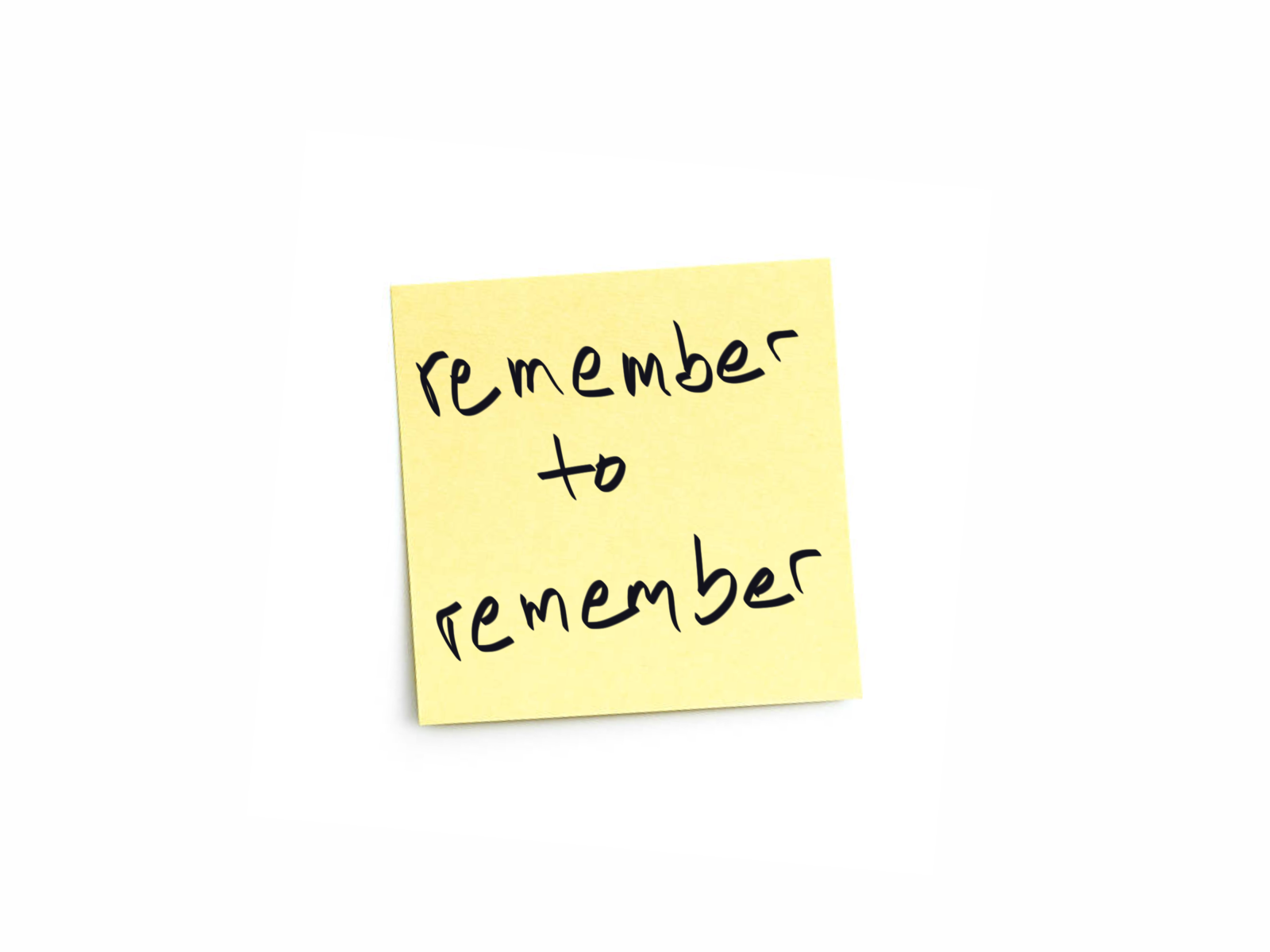
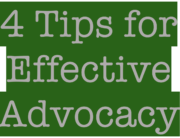






































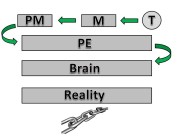





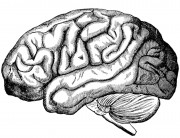
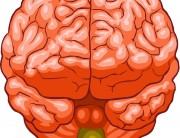


Recent Comments